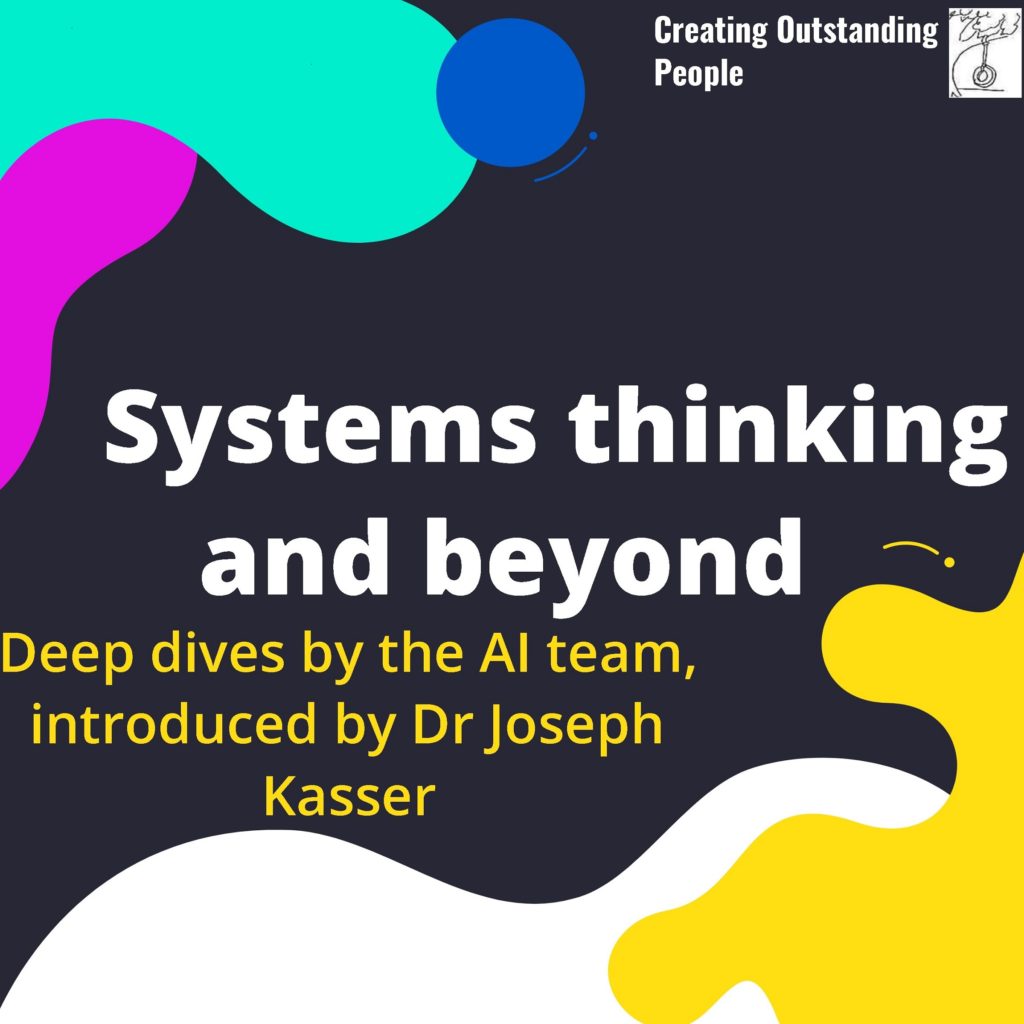In my previous blog I pointed out that one of the reasons for project failures was that we were not teaching the right things to systems engineers and project managers. This leads to the question, what should we be teaching them? If you ask most systems engineers as to what the system they are developing should do once it is placed into operation, they will tell you to look at the requirements. So when I
One reason for systems engineers and project managers repeating the same activities and expecting different results pointed out by Niels Malotaux pointed out in his LinkedIn comment was, “ignorance or incompetence” (Malotaux, 2021). Actually, this observation is not new. Almost 30 years ago, Deming stated that 94% of the problems belong to the system (i.e., were the responsibility of management) (Deming, 1993). Juran, as quoted by Harrington stated that management causes 80 – 85% of
First published in 1994, the annual Standish (Chaos) report annually points out that significant numbers of projects fail to meet their goals on time or within budget and many of those projects are cancelled with the corresponding non-productive spending of billions. The 2015 report concluded that, “over the last 20 years the project management field has experienced increasing layers of project management processes, tools, governance, compliance, and oversight. Yet these activities and products have done


Hello! I simply wish to give you a big thumbs up for the excellent info you have right here on this post. I will be coming back to your web site for more soon.
Im very happy to find this web site. I wanted to thank you for your time just for this fantastic read!! I definitely liked every bit of it and i also have you book-marked to see new things in your website.